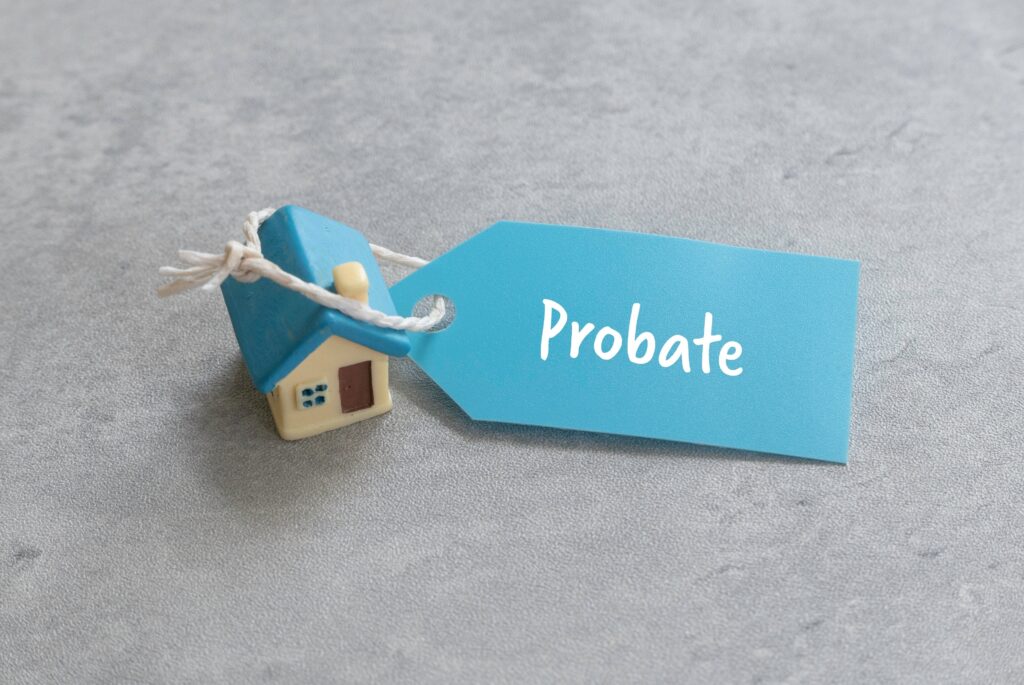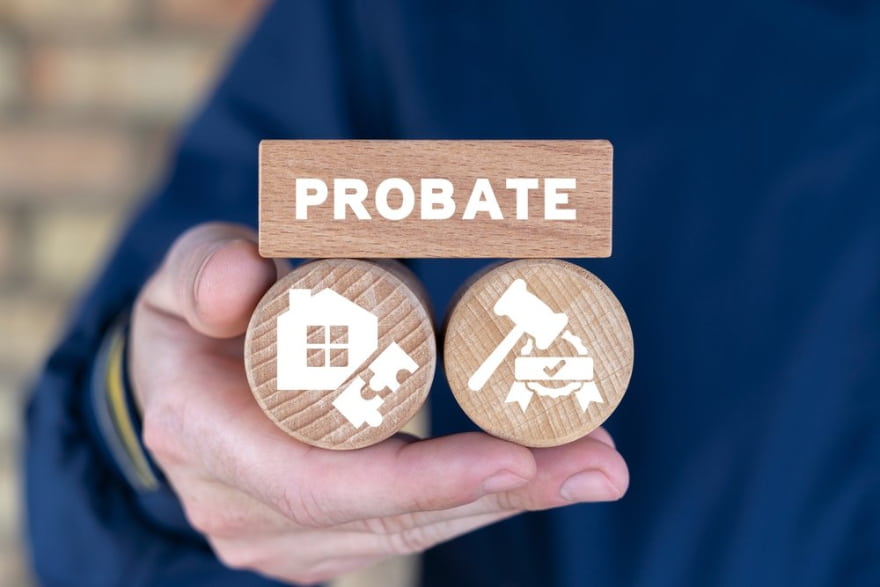Understanding the Role of Executors in Texas Probate
The executor plays a crucial role in the probate process, acting as the representative of the deceased's estate. This individual is responsible for managing the estate's assets, paying debts, and ensuring that the remaining assets are distributed according to the will or state law if there is no will.
In Texas, the executor must be appointed by the probate court and must fulfill various duties, including filing the will with the court, notifying beneficiaries, and handling tax obligations. It's essential for executors to understand their responsibilities fully to navigate the probate process efficiently and avoid potential legal issues.
Common Challenges in Texas Probate and How to Overcome Them
Probate can be a complex and challenging process, often fraught with emotional and legal hurdles. Common challenges include disputes among heirs, delays in court proceedings, and complications arising from the absence of a will.
To overcome these challenges, it is advisable to engage a knowledgeable probate attorney who can provide guidance and representation throughout the process. Effective communication among family members and a clear understanding of legal obligations can also help mitigate conflicts and streamline the probate journey.
Key Documents Required for Probate in Texas
Initiating probate in Texas requires several essential documents to ensure a smooth process. The primary document is the deceased's will, which must be filed with the probate court, along with a petition for probate.
Additional documents may include death certificates, an inventory of the deceased's assets, and any relevant financial statements. Having these documents prepared in advance can significantly expedite the probate process and reduce the likelihood of complications.
Exploring Alternatives to Probate in Texas
While probate is a common legal process for settling estates, there are alternatives available that can simplify the transfer of assets. Options such as living trusts, joint ownership, and beneficiary designations can help individuals avoid the lengthy probate process.
Understanding these alternatives is crucial for effective estate planning. By utilizing strategies that bypass probate, individuals can ensure a smoother transition of their assets to beneficiaries while potentially saving time and money in the process.










